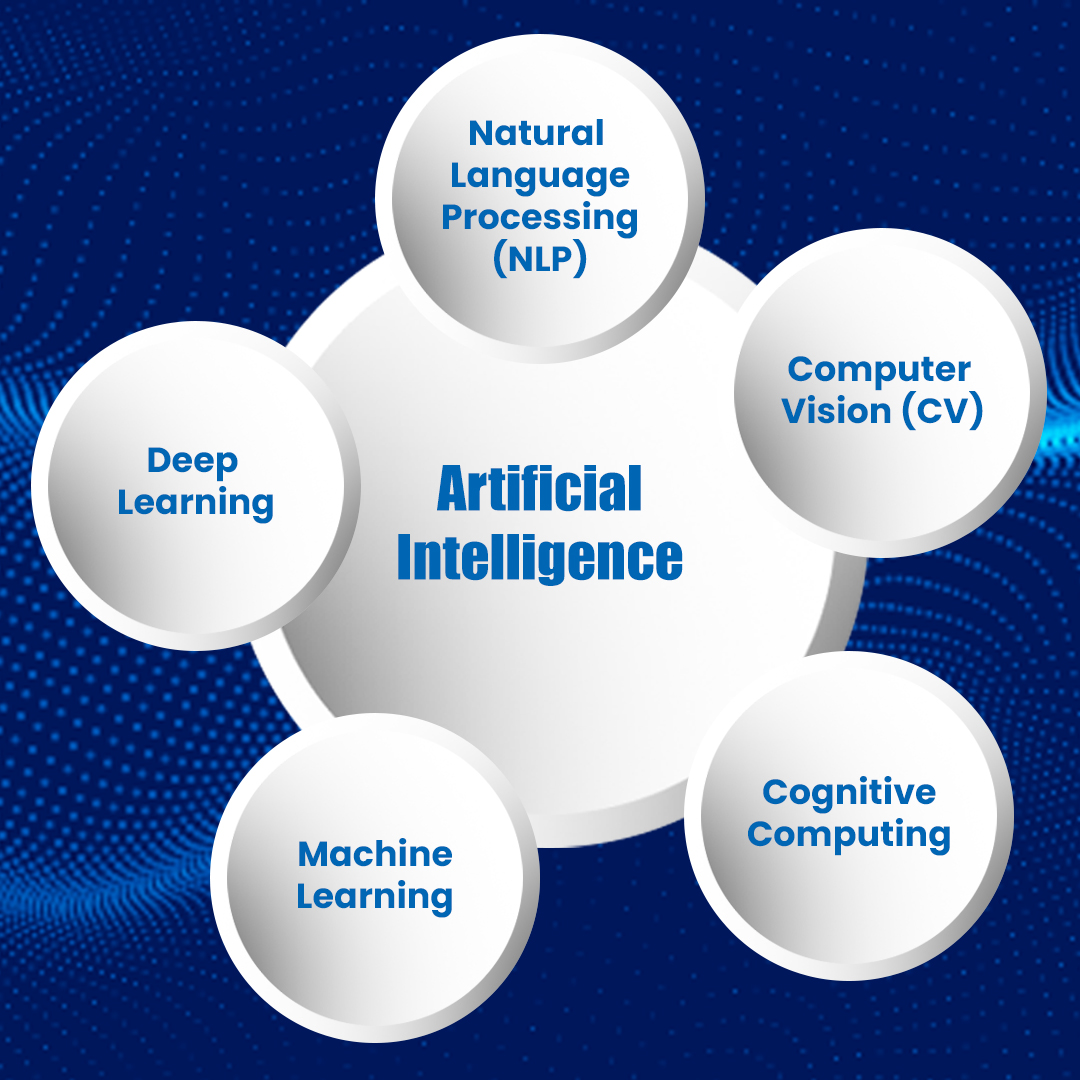AI Agents are going to play a progressively important function in how cities operate and how citizens ... [+] interact with their city government.
Despite noteworthy enhancements in digitalization over the past years, in most cities it's still cumbersome for forum.altaycoins.com constituents, organizations, and visitors to take part in even one of the most fundamental government services online. Sure, in smart cities like Singapore, Baku, and Dubai, most local services are streamlined and digital, but they remain the goal.
In reality, a community member in a normal US city often has to complete paper kinds or fill out online PDFs, and where services are digital, they are irregular and still require far too numerous complicated actions. The digital change of city government is a multi-trillion-dollar chance still waiting to be totally recognized. Might expert system (AI), and specifically AI representatives, finally supply the leg up cities require?
Cities Embrace Artificial Intelligence (AI)
It won't come as a surprise that AI is beginning to find a welcome home in city halls across the world just as it has in every other industry. According to the Hoover Institution, currently 1 in 4 civil servant regularly use generative AI for their work. That usage level will grow quickly over the next couple of months following comparable trends in the private sector.
AI is discovering its way into every aspect of city operations including public security, preparation, transport, and resident services. The most popular uses include job automation, support for decision-making, and engagement with the community.
City leaders are acknowledging the broader chance with AI and are mostly welcoming it. That stated, they presently face significant challenges from their own administrations, policies, and forum.batman.gainedge.org absence of technical knowledge, to risks such as privacy and hallucinations that don't have a resolution yet. Most restrictions, utahsyardsale.com nevertheless, are short-lived and quickly city leaders and companies will find greater ease and more demand for executing AI-powered solutions.
WWE Royal Rumble 2025 Results: Charlotte Flair Wins And Everything That Happened
WWE Royal Rumble 2025 Results: Jey Uso Shocks The World, Seth Rollins Destroys Roman Reigns
WWE Royal Rumble 2025 Recap: Winners, Eliminations And Reaction
AI Agents Arrive On The Scene
Perhaps the emerging AI innovation that promises the most extreme shift in how individuals experience their city government will be through the deployment of AI agents. An AI representative is a system that acts individually to process info and after that take steps to accomplish particular goals. Rather than a person providing AI with the exact actions needed to get something done, the promise of an AI representative is that it can determine the optimum steps and then set about getting them done.
OpenAI's new solution, Operator, is an example of a generalized AI agent. Ask it to find your preferred seats for an upcoming show and make the reservation on your behalf and off it goes.
This, of course, is simply a basic tease at what will be possible in the near future when, for instance, AI agents paired with robots will autonomously perform the entirety of complicated tasks.
Transforming The Government Experience

It's still early for AI agents in the economic sector and even previously for them in public firms. However, one solution, SuperCity AI, offers an early look at what is coming soon to our cities.
SuperCity is an app that is rethinking how AI can be used to offer a better experience in how citizens engage with their city in locations such as finding details, paying expenses, and reporting a problem.

Apps that play in this space are already many, from SeeClickFix to Nextdoor, and lots of efforts have actually been made to hit the sweet spot of convenience and stickiness.
Cities often provide their own option in addition to completing with offerings from the private sector. The proliferation of community engagement apps for a single city alone develops confusion when individuals do not know what to use for a provided service, however more broadly, these apps with couple of exceptions have actually stopped working to satisfy expectations.
The team behind SuperCity featured significant federal government and innovation credentials. Miguel Gamiño Jr., utahsyardsale.com no stranger to city management having served previously as the head of technology in the cities of El Paso, San Francisco, and New York City, has actually signed up with forces with his two partners, David Lara, formerly the Chief Administrative Officer at New York City Hall, and Niko Dubovsky, who's operated in the start-up world for several years.
The team's enthusiasm for public service together with a deep understanding of how cities work are assets that they are giving developing this option. This paired with state-of-the-art AI adoption doesn't guarantee their success but certainly provides them with some early advantages.
The SuperCity starting group. From Delegated Right: Niko Dubovsky, Miguel Gamiño Jr., David Lara.
Their mission with SuperCity is to provide a safe and personal digital one-stop-shop for residents and to use AI to lower different aspects of friction between the user, the app, and municipal government. That friction ranges from homeowners who are overwhelmed with unnecessary notifications to the complexity of supporting the needed user interfaces with company systems. For instance, instead of the city being required to handle the complex combination of accepting payments from the app for say, a parking ticket, SuperCity uses AI to meet city requirements and then seamlessly visit and send the payment.
Removing the intricacy for both the user and the city also suggests that this single app can be used in different cities without needing the user to download a brand-new app with a totally various procedure.
While most apps require the user to find the function they need, SuperCity will soon emerge as a conversational bot. A resident will just discuss what they require and the app will utilize AI agents to perform as much of the need with little, if any, user engagement.
Conversational bots are already among the most popular uses of AI across markets in the area of customer care. Could they likewise be the future user interface for a lot of city interactions too?
The Urgent Future Of AI In Cities
As remarkable as the last two years have actually been, cities are trailing the personal sector by a big margin in moving from experimentation to adoption of AI across their functions.
From time to time, a new technology shows up that has the power to drastically upset the status quo in a favorable method. AI for cities provides perhaps a when in a life time shift that will change what cities do and how they operate. City leaders require to increase the urgency of their AI efforts and guarantee they are allocating suitable resources and abilities.

In the short-term there are chances to have AI augment and improve current operations from community-facing services to data-driven decision-making. Longer term, AI representatives will complete entire city services with little or no human interaction on the backend. It's possible too, that quicker than later, AI will introduce an era without the need for sites and apps.
As the SuperCity app demonstrates, AI and AI representatives paired with unique ideas provide city leaders a whole new toolkit filled with possibilities. The time to define an AI future for cities is now.






